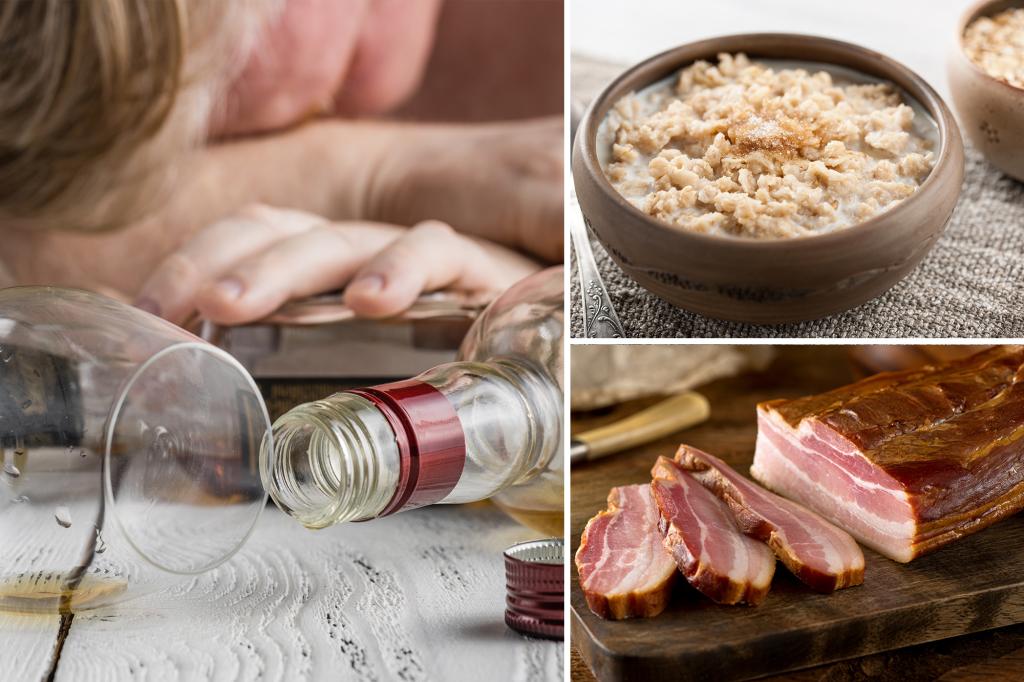During the holiday season, Americans tend to consume double their usual amount of alcohol, leading to hangover symptoms such as fatigue, headaches, muscle aches, nausea, anxiety, irritability and depression. While drinking plenty of water, taking pain relievers, eating bland foods, and getting adequate rest can help speed up recovery, research out of Finland suggests that the amino acid L-cysteine may also alleviate hangover-related symptoms such as nausea, headaches, stress, and anxiety. L-cysteine is an amino acid that contributes to the synthesis of new proteins within the body and increases levels of glutathione, an antioxidant that supports liver detoxification and helps repair damaged cells.
Our bodies naturally produce cysteine from the amino acid methionine, and many high-protein foods contain cysteine as well. L-cysteine can also be found in nutritional supplements such as N-acetyl cysteine. A writer for Metro in the UK recently shared her experience of taking an “anti-hangover” supplement called Myrkl, which contains L-cysteine, vitamin B12, and probiotic bacteria before consuming alcohol. She reported feeling good the next day with minimal nausea and a clear head, suggesting that L-cysteine may be helpful in easing hangover symptoms.
However, it is important to note that L-cysteine is not a magic bullet for hangovers. The 2020 Finnish study that found evidence for L-cysteine improving hangovers had limitations such as a small sample size of only 19 male participants, and the supplement contained multiple vitamins and nutrients making it unclear if L-cysteine deserves all the credit. Additionally, the research was funded by the manufacturer of the L-cysteine tablets used in the study. Despite these limitations, incorporating L-cysteine into the diet after a night of drinking may still be beneficial.
Foods that contain L-cysteine include chicken, turkey, duck, pork, skirt steak, beef liver, luncheon meats, tuna, crab cakes, yogurt, ricotta, cottage cheese, eggs, wheat germ, granola, oatmeal, broccoli, garlic, lima beans, sunflower seeds, and red peppers. Adding these foods to the diet can help increase cysteine levels naturally, potentially providing some relief from hangover symptoms. While L-cysteine may not be a foolproof solution for hangovers, it may be worth considering as part of an overall approach to managing the effects of excessive alcohol consumption during the holidays and beyond.


